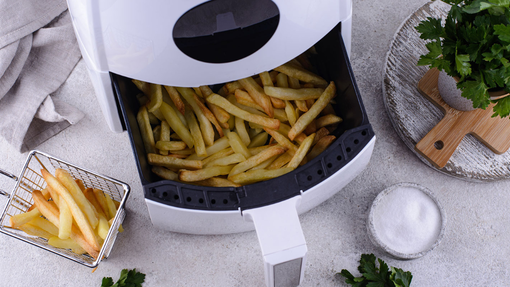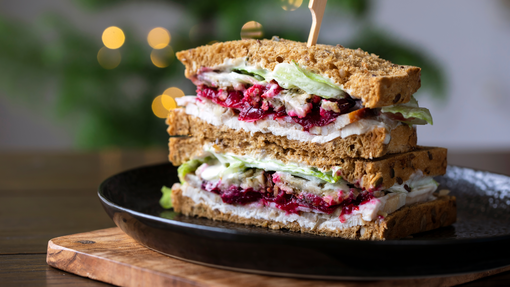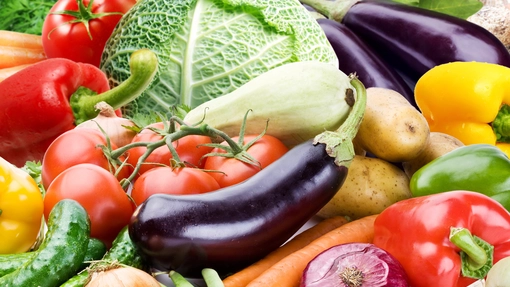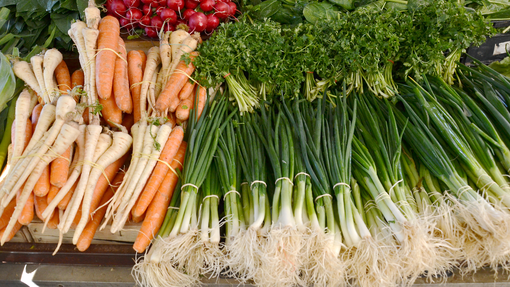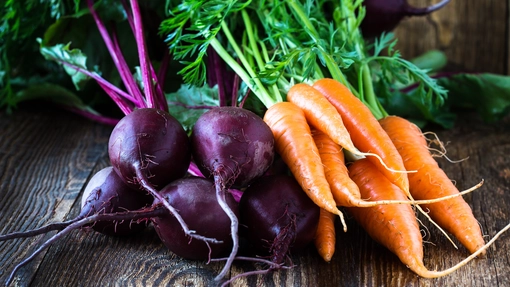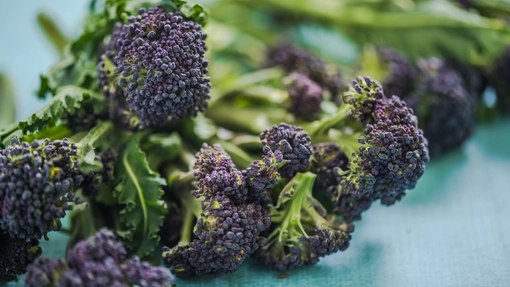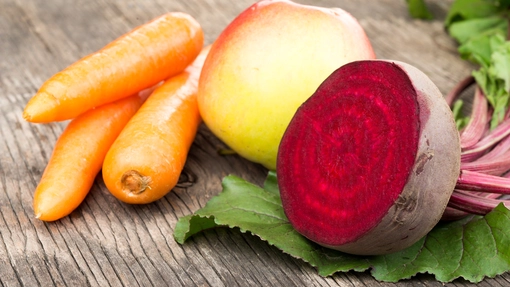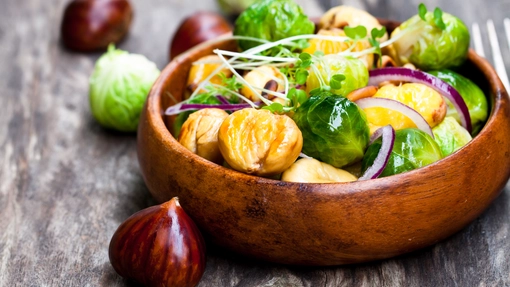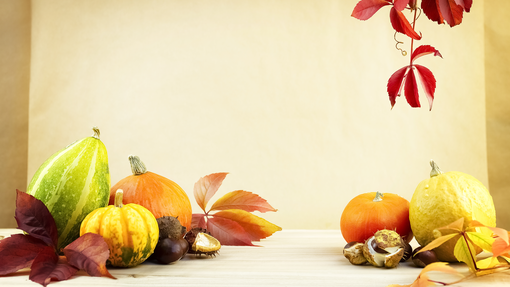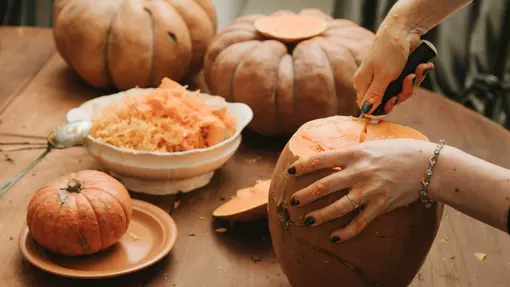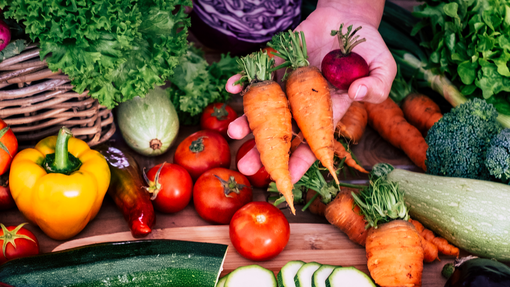
Storing your potatoes: fridge is best
Easy to grow, great value and simple to cook, the cheap and cheerful spud really is the hero of the food world. It’s a huge shame, then, that this versatile ingredient is also the number one most wasted food! We’re hoping that updated guidance from the Food Standards Agency (FSA) is about to change that, the key takeaway being:
Potatoes should be stored in the fridge!
That’s right – while the old guidance was to store your spuds in a cool, dry and dark place, such as a cupboard, we’re now recommending that they should be kept in the fridge at below 5 degrees Celsius (check your fridge is at the optimal temperature to help all your fruit and veg last longer!). Doing so keeps them fresh for three times as long, so you’ll have lots more time to cook up something delicious with them.
The reasoning behind the old guidance lay around concerns over the possible formation of additional sugars when potatoes are kept in the fridge – sugars that can then convert into acrylamide when they’re fried, roasted or baked. However, extensive, peer-reviewed scientific research has now shown that storing your spuds in the fridge doesn’t actually increase acrylamide potential compared with storing them in a cupboard at room temperature.
The research has been overseen by the Committee on the Toxicity of Chemicals in Food, Consumer Products and the Environment (COT) and reviewed by the FSA, so you can be confident in its findings. And, because the science has now shown that there’s no safety issue over keeping your spuds in the fridge rather than a cupboard, it makes sense to store them in the place where they’ll last the longest – the fridge!
UK households waste 180,000 tonnes of fresh potatoes every year because we don’t use them in time, so this change has the potential to make a massive impact on food waste. Result!
Storing spuds in the right place is just the start
Keeping your potatoes (and other food!) in the right place is just one of many ways you can make the most of the raw ingredients you buy. When it comes to spuds, there’s so much you can do to make sure they don’t go to waste, such as:
- Buy them loose – instead of pre-packaged, so you only buy what you actually need.
Rub the shoots off – they’re still good to eat if they’ve started sprouting, as long as you remove the shoots first!
Freeze them parboiled or cooked, not raw – pop them in an airtight container and freeze for up to three months, defrosting them in the fridge or microwave and eating them within 24 hours.
Leave the skins on – the skin is the bit with all the nutrients, so why waste it! Everything you can make with peeled potatoes you can make with skin-on potatoes – even mash! – providing you clean them thoroughly first.
Love your leftovers – spuds are just as good second day. Got some leftover boiled potatoes? Slice them up and fry them for a tasty lunch. Made too much mash? Plan fishcakes for next day’s dinner.
As with all your raw ingredients, you can also use our handy portion calculator to help work out exactly how much you need.
Top potato recipes
Finally, no post about potatoes would be complete without some tasty recipes to enjoy them in. Potatoes are one of the most versatile ingredients there is, so even if you end up with a big bag of them, there are lots of ways to cook them without getting spud overload! Here are some of our favourites.
Grilled potato wedges – serve as a side dish, or load with sour cream, cheese and salsa for a perfect snack to enjoy with friends!
Potato babka – a tasty side or delicious veggie main.
Leek and potato pizza – an easy pizza recipe that’s great for using up cooked potatoes.
Sausage, onion and potato traybake – there’s nothing easier than a traybake! With just ten minutes of prep time, this makes a perfect weekday dinner that uses up spuds.
Chickpea and lentil shepherd’s pie – any shepherd’s or cottage pie is perfect for using up potatoes, but this one has a warming kick thanks to curry powder. Great for a cold winter night!
Patatas bravas with a UK twist – Britain meets Spain in this fresh take on the tapas favourite.
Salmon fishcakes – a simple way to get a delicious new meal out of leftover mash.
To learn more about making the most of your spuds, read our tips on potatoes, and discover lots more tasty recipes for potatoes.





